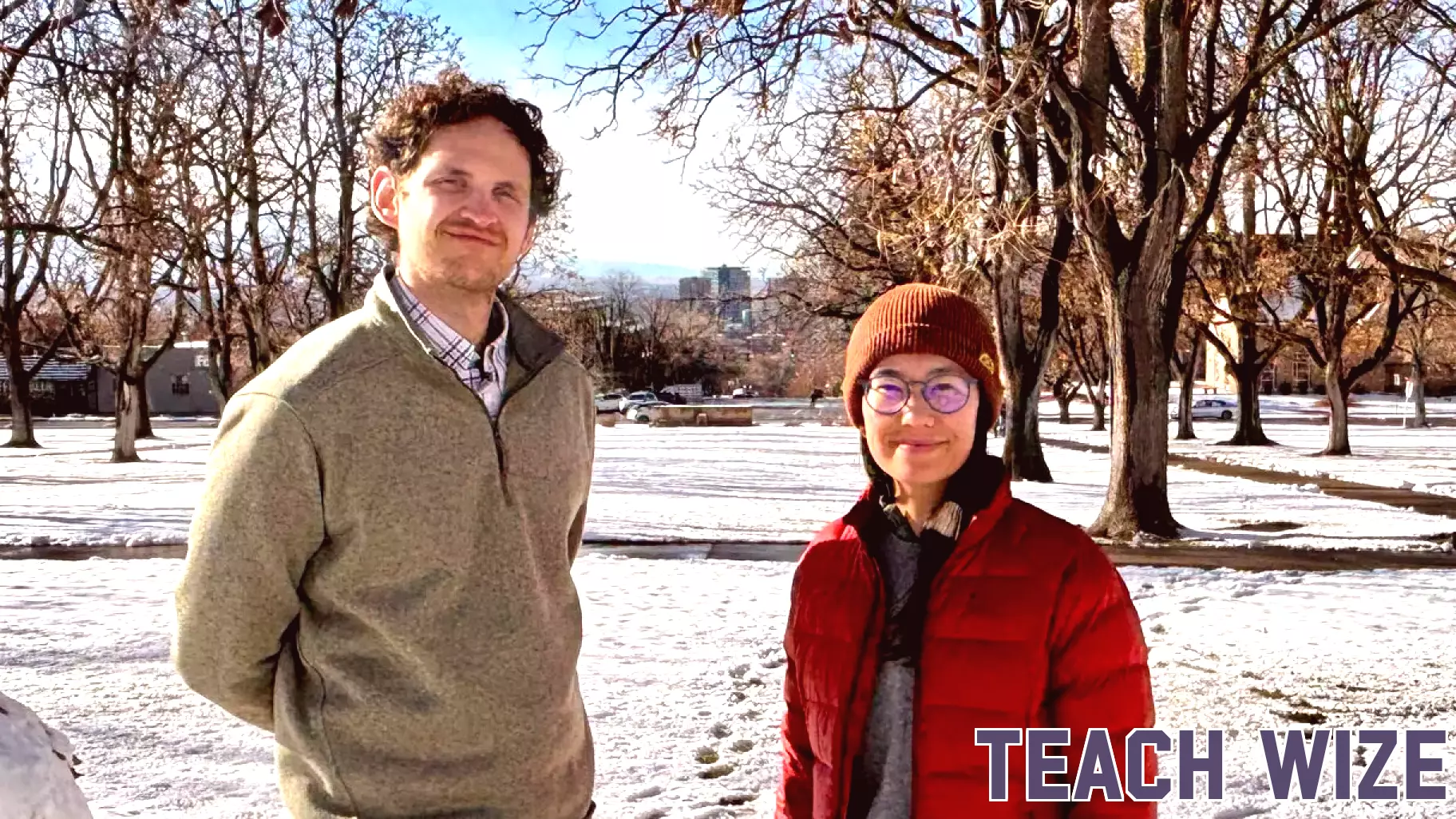The Impact of Urban Tree Loss on Educational Performance
December 18, 2024 - 02:51

It is widely recognized that urban tree cover offers a multitude of environmental and psychological advantages to city residents. Recent studies suggest that the presence of trees in urban areas may also play a crucial role in enhancing educational outcomes for students. The loss of these trees can have far-reaching implications, particularly in low-income neighborhoods where access to green spaces is already limited.
Research indicates that urban trees contribute to improved air quality, reduced noise pollution, and increased opportunities for outdoor learning. These factors create a more conducive learning environment, promoting better concentration and overall well-being among students. Furthermore, green spaces encourage social interaction and community engagement, which are vital for cognitive and emotional development.
As cities continue to expand and prioritize infrastructure over natural landscapes, the decline of urban tree cover poses a significant threat to educational equity. Ensuring the preservation and planting of trees in urban settings is essential for fostering an environment that supports learning and growth for all students.
MORE NEWS

March 3, 2026 - 01:57
EdChoice Chats: America at 250: What Must Change to Reboot Civics Education?As the United States approaches its semiquincentennial in 2026, a pressing national conversation is focusing on the state of civics education. Experts argue that a fundamental reboot is necessary...

March 2, 2026 - 08:00
OPINION | A liberal arts education is the antidote to AI brainrotIt has become increasingly popular to dismiss the value of a liberal arts education. Common arguments claim it fails to produce hard skills and encourages students to discuss frivolous matters. A...

March 1, 2026 - 15:49
Louisiana's Revised Evaluation System Empowers Teacher VoiceA significant shift is underway in Louisiana`s classrooms as the state implements a revised teacher evaluation system designed to actively incorporate educator feedback. This new framework moves...

February 27, 2026 - 21:45
Education deregulation measure heads to Indiana governor despite warnings it goes ‘way too far’A sweeping education deregulation bill, championed by House Republicans, is now headed to Indiana Governor Eric Holcomb`s desk following its passage in the state legislature. The measure, which...